If you're still looking, I found out a way around this problem. It's a bit of a hack, but it works.
Basically, you can have two definitions to the same path by adding a slash (/) in the URL.
That way, you can set a response for <baseURL>/path with the ?filter1= parameter and set another response for <baseURL>//path with the ?filter2= parameter. It's also important that you give an unique operationId for each of the definitions.
paths:
/path/you/want:
get:
summary: Test
operationId: get1
parameters:
- name: filter1
type: string
in: path
required: true
responses:
200:
description: Successful response
schema:
$ref: '#/definitions/SomeResponse'
/path/you//want:
get:
summary: Another test
operationId: get2
parameters:
- name: filter2
type: string
in: path
required: true
responses:
200:
description: Successful response
schema:
$ref: '#/definitions/SomeOtherResponse'
I tried this with a path parameter and it worked just fine!

